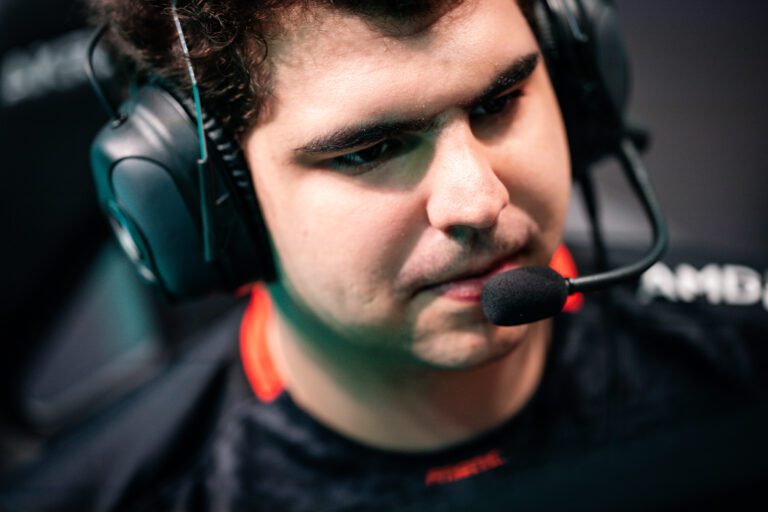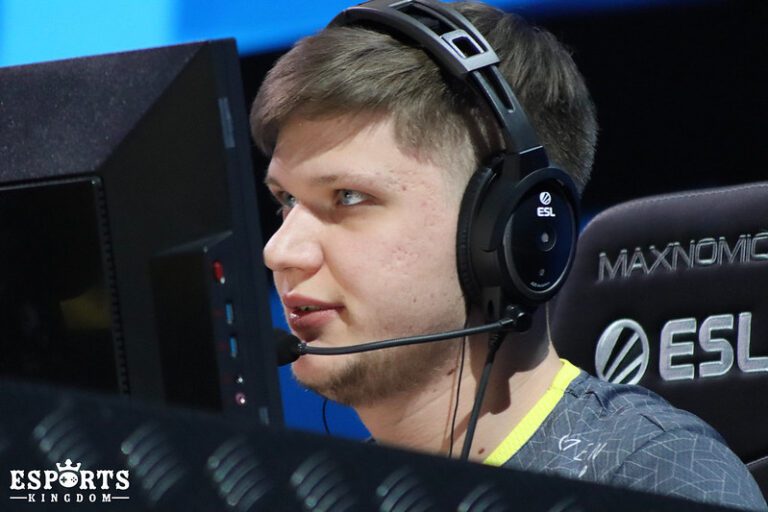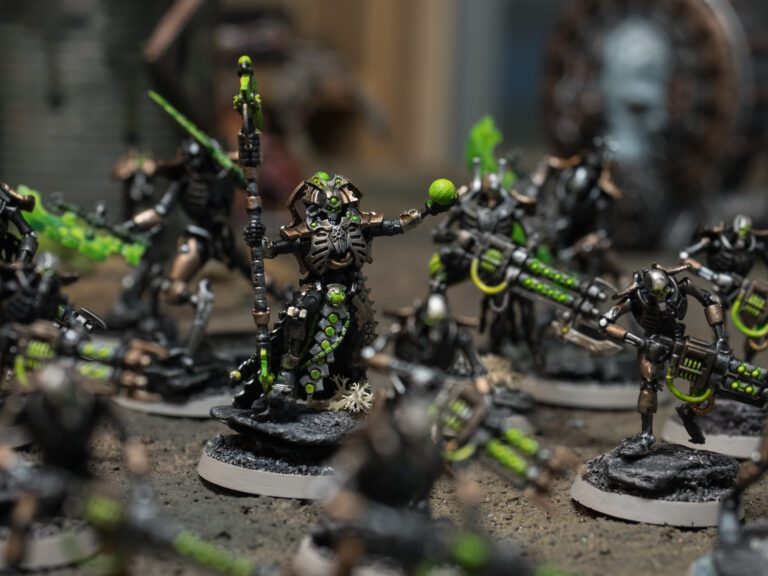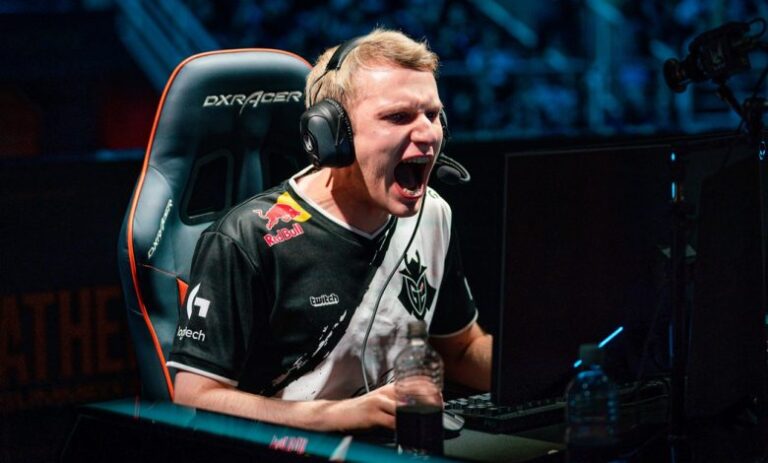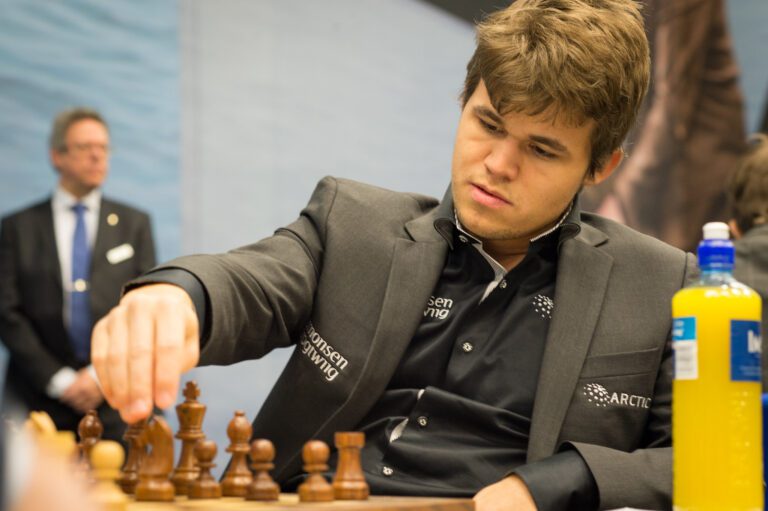Carlsen against Niemann
In recent times the relatively calm world of chess has been hit by a controversy even mainstream media is reporting about.
On the 26th of September thirty-one-year-old Magnus Carlsen, World Champion who seems to be getting bored of defending his title, publicly accused Hans Niemann (19) of cheating against him in a game at the Sinquefield Cup, held in St.Louis, Missouri.
My statement regarding the last few weeks. pic.twitter.com/KY34DbcjLo
— Magnus Carlsen (@MagnusCarlsen) September 26, 2022
To the surprise of many, three weeks prior to the formal accusation Carlsen had retired from the tournament after losing against a Niemann who, playing with the black pieces, had managed to break Carlsen’s 53 unbeatable Classic win streak. Attached to the tweet in which Magnus announced his leave was a clip of Mourinho saying “I prefer really not to speak; if I speak I am in big trouble.”
I've withdrawn from the tournament. I've always enjoyed playing in the @STLChessClub, and hope to be back in the future https://t.co/YFSpl8er3u
— Magnus Carlsen (@MagnusCarlsen) September 5, 2022
Without giving details, Carlsen’s tweet left little room for interpretation; it ignited social networks and forums, filling them with discussions between grandmasters and fans on the subject of Niemann’s purported cheating.
Could it really be true? Did the fortieth-ranked player in the world really cheat in an in-person event against the first?
Speculation and debate were more than served, and we are going to briefly explore how such controversy has evolved and taken shape.
Nakamura’s role


Hikaru Nakamura, who usually ranks amongst the top ten FIDE players and is particularly renowned for his sizable social media following, has played a strong role in shaping the discourse against Niemann.
According to him, it has been for quite a while already that other grandmasters suspected Niemann of cheating. Suspicions are reinforced by the youngster’s nearly unprecedented 200 elo point rise during the last two years.
Analyzing the game against Carlsen on his popular stream, Nakamura accused Niemann of taking weird game decisions, highly convenient against a line which Carlsen had supposedly not played before. It turned out that the variant had actually been played, but not when Niemann said it had been.
Niemann claiming that the previous day he had studied that exact rare position by chance did not help his case in the public eye.
Nakamura also commented on the vague and incoherent explanations given by Niemann in the typical post-game interview, possible indications of the youngster following a set of effective engine moves whose logic he would nevertheless have a hard time explaining.
While not being as vocal as Nakamura, other relevant players like Levon Aronian or Ian Nepomniachtchi (candidate to the 2021 World Championship) have also commented on the overall strangeness of the situation.
As the highly mediatic figure inside the chess world that he is, Nakamura keeps commenting new information that comes to light regarding this subject.
Questionable statistics: engine correlation and elo estimation
One of the most commonly voiced arguments against Niemann actually came from FIDE chess master Yosha Iglesias, who on the 25th of September published to her YouTube channel a video analyzing Niemann’s engine correlation scores in comparison to those of other higher rated players with Chessbase’s tool “Let’s check”.
The video has garnered around half a million views.
Engine correlation is a very common metric in modern chess. It consists in having one or several engines analyze a sample of games and judging whether players were precise with their moves, giving a porcentual mean of accuracy and an estimation of the expected elo strength at which the player performed.
Iglesias’s hypothesis banked on this simple idea, and its results, taken from Chessbase’s game repository, would apparently expose Niemann as a cheater: throughout 2019 to 2022 he would have a high quantity of games with up to 100% correlation, playing throughout a handful of tournaments above his expected elo and displaying a similar behavior to that of a french player who was found guilty of cheating in 2010 (he was caught looking at his phone in the bathroom).
On top of this, Niemann would apparently have a better correlation score than Carlsen, Bobby Fischer and Garry Kasparov at their very best.
However, it did not take long for Yosha’s analysis on Niemann to be brought into question due to its multiple methodological shortcomings.
The following critiques have been made:
- Different engines hand out different correlation scores and some of those employed for the analysis were not available for the dates where the games were played.
- Vital for reliable hypothesis testing and exploratory data analysis (EDA), the tools used were not standardized. Neither the chosen sample size of games nor the strength of the engines were comparable. In other words, the measuring stick was not equal for players.
- Engine correlation is a nuanced number that must take into account similar skill levels among competitors. Finding lower rated players with high engine correlation scores is not a rare occurrence because of opponents making easily exploitable tactical mistakes. Chessbase itself warns that engine correlation is not a reliable metric for cheat detection.
- By not being entirely transparent about the steps taken for the analysis, the results have not been reproducible for those that apparently have tried to replicate them.


In chess forums such as those of reddit much discussion has taken place regarding the FIDE master’s analysis; most of it slightly leaning towards its rejection. Yet some of it has been quite humorous, as we can see
Still, Yosha’s initiative may ultimately have had a positive impact by motivating others, better trained in that complex minefield that is statistics, to dig deeper.
Also, though this is a comment that may stray a little bit off course, it must be mentioned that not even with a standardized analysis one could condemn Niemann as a cheater or show, at the very least, that he has cheated against Carlsen specifically.
The conclusions reached by rigorous statistical analysis must be combined with other sorts of evidence; this is extremely important as there have been real life situations where innocent people have been wrongly convicted of crimes based on purely statistical criteria.
Hans Niemann and his troublesome record
Lacking any conclusive evidence, the most persuasive argument to be suspicious of Niemann is also the most straightforward: Niemann has cheated before.
By his own admission, though not by own initiative, Niemann has said that he used engines when playing online at the ages of twelve and sixteen.
When confronted by Chess.com, the American player confessed that he did it so he could play with higher rated opponents and because he wanted to grow his twitch stream during the pandemic. Chess experienced quite the boom at the time.
As should be expected, Niemann said that he regretted cheating and has not done it again.
Do his words hold credibility? Was cheating a product of characteristic teenage thoughtlessness or proof of a systematic custom?
It is true that Niemann, aided by his cheating, acquired some following thanks to the results he had online. He even got to collaborate with famous streamers like Ludwig, Forsen or XQc, coaching them for a casual influencer tournament.
It is also true that Niemann has not surrounded himself by the best figures to vouch for his competitive integrity. Maxim Dlugy, another player caught cheating between 2017 and 2020, has been one of Niemann’s most notable trainers.
Oddly enough, in 2013 Dlugy was involved in a plot to expose a Hungarian player who hid a device inside an oversized shoe.
Truly, the lengths some people will go in order to cheat are quite impressive.
Elon Musk weighs in on the situation
Since it has been mentioned that one player once used a shoe for cheating, let us comment on the next level, much more difficult to detect and therefore, as far as foul play is concerned, superior.
It could not be any other way, a polarizing debate deserves strong arguments made by strong-minded people. After all, cheating allegations are a serious matter.
It seems that in between getting into fights with the Securities and Exchange Commission, buying but not buying but then buying Twitter and working hard so that one million robotaxis are out in the streets by 2020, on the 8th of September of 2022 the world’s richest man found part of his invaluable time to give his opinion regarding the Niemann affair.
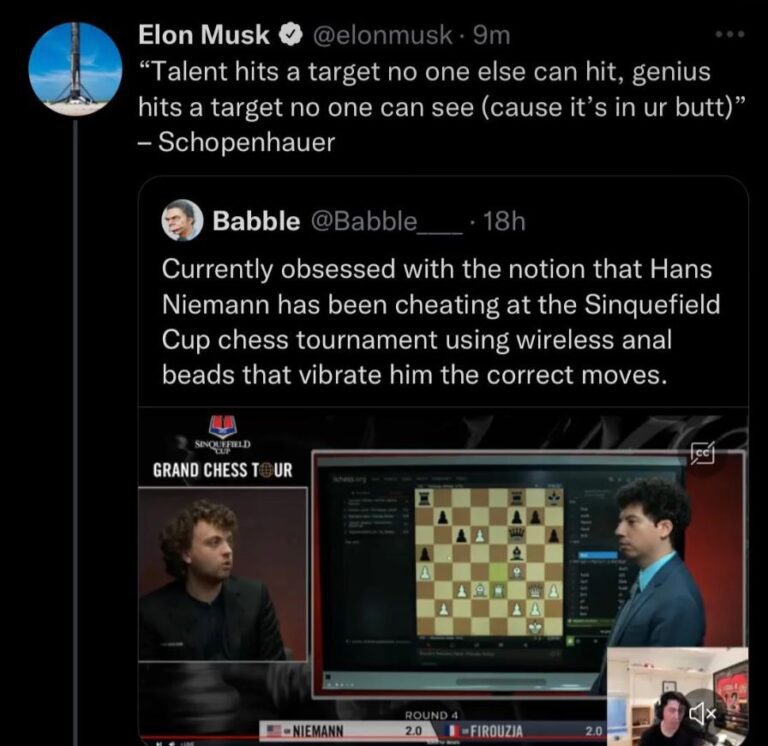

By far one of the most solid theories to date, Elon Musk extended the idea that Niemann had used a rectal cavity device whose vibrations would grant him the advantage during games.
The theory, just as with plenty of other things Musk is famous for, does not find its origin in him; it actually comes from the compelling logic of reddit user XiTro.
Xitro’s theory constitutes a rather interesting piece of literature whose text I attach below. I refuse to transcribe it because of what the Google spider might think of my website if I do.
Nevertheless, use of such device may not have to be entirely discarded. Unlike in the past, there is quite some money in chess if you rank high enough.
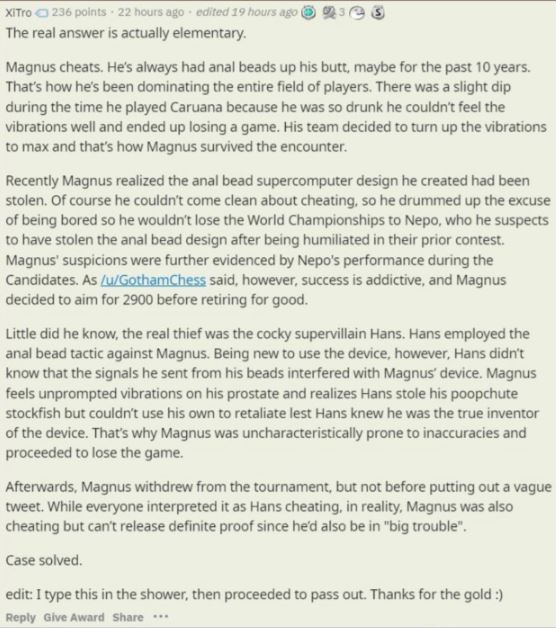

Positions regarding Niemann
Without evidence which it must be said is hard to collect, the strong positions to take on the controversy are basically divided between those that support acting based off of reasonable conjecture and those that defend the presumption of innocence principle.
Where there is smoke one can often find fire, and Magnus Carlsen is a World Champion accustomed to taking the diplomatic route. If that magnificent brain of his is suspicious then the allegations have to be taken seriously.
Several organizations have done so by promising stricter security protocols, while Chess.com has banned Niemann from cash events, which already hurts both his reputation and personal finances.
On the other side of the aisle political dissident and former World Champion Garry Kasparov is the most notable defender of, if not Niemann himself, caution as the most important principle to uphold before passing down sentence.
Creating favor & factions based on hearsay and cryptic bullshit is damaging to the game. These players, especially the world champion, and companies should realize that. Sponsors and organizers don't enjoy the toxic environment as much as social media might.
— Garry Kasparov (@Kasparov63) September 9, 2022
Kasparov believes, and he has good reasons for it, that banning Niemann without definite proof will establish a dangerous precedent in competitive chess.
Has Hans Niemann cheated against Magnus Carlsen?
After examining plenty of what has been discussed throughout September and taking into account the information that has come out, the following is the most correct answer:
Perhaps; perhaps not.
Also available in:








